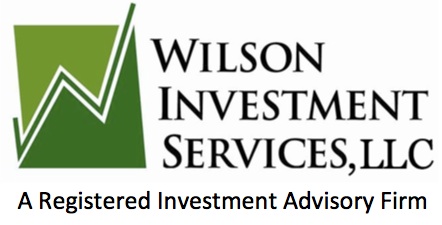It’s a little bit surreal. Just a few weeks ago, the stock markets were hitting all time highs, and now, in literally a matter of days, the markets have dropped to 2017 levels and may not be done yet. The volatility during each trading day has been unprecedented, as well, with markets making 7% move in one direction at the opening bell, then reversing course and retracing the whole 7% by noon, only to head back 7% in the other direction by the close. Of course we live in a digital age where so much trading is computer generated and done through algorithms at lightning speeds that it doesn’t take long to move the markets in either direction once the herd makes it move. And these moves are all coming from the uncertainty that COVID-19 (the Coronavirus) has inflicted on not just the economies of the world, but also the health of the world’s population. It’s possible our nation is overreacting, with our schools and businesses closing, social distancing and self-quarantining, but maybe we should “overreact” at this point in time. If we wait and this phenomenon turns out to be worse than we expected, then it may be too late and the outcomes could be much worse. But being careful as investors doesn’t mean we have to follow the herd.
On the prudent side of the aisle, the Federal Reserve took extremely aggressive action on Sunday afternoon. From Yahoo Finance on Sunday March 15, 2020:
The Federal Reserve made an emergency announcement Sunday afternoon by announcing that it would be cutting interest rates to zero for the first time since the financial crisis. The central bank said it will use its “full range of tools” to battle the economic impacts of the novel coronavirus and announced quantitative easing in the form of at least $700 billion of asset purchases. “The actions we have announced today will help American families and businesses, and indeed, our entire economy weather this difficult period and will foster a more vigorous return to normal once the disruptions from the coronavirus abate,” Fed Chairman Jerome Powell said in a statement. Powell said the U.S. economy appeared to have “strong footing” ahead of the coronavirus outbreak, but said the negative impact to key industries like travel, leisure, and hospitality “means that the second quarter [of growth] is probably going to be weak. http://”https://finance.yahoo.com/news/federal-reserve-cuts-rates-to-zero-restarts-quantitative-easing-qe-210001968.html
These are the types of moves the Fed made during the 2008-09 financial crisis, but each was done much more slowly over several months. This may be the biggest move the Fed has ever made, and they did it in one day which, again, speaks more to how quickly the coronavirus has impacted our nation and the need to respond quickly. The financial crisis of 2008-09 developed over a number of years, and its impact was felt in the same way. So maybe a large aggressive move is warranted or maybe it is an overreaction, but in my opinion, it is better to err on the side of caution.
One thing we do know about this particular crisis is that there will be improvement in the future. How long it takes to get better is anybody’s guess, but once it does, it shouldn’t be the long drawn out recovery we saw with the 2008-09 financial crisis. I agree with Fed Chairman Powell that the U.S. economy had been doing well before the virus, so when this thing turns in our favor, we could very well see a strong bounce back in the U.S. economy.
In the meantime, we are not to have a spirit of fear. As an investment advisor, my goal is to stay calm, be flexible, and keep looking for opportunities that will improve our position once the markets turn back in our favor.

Recent Comments